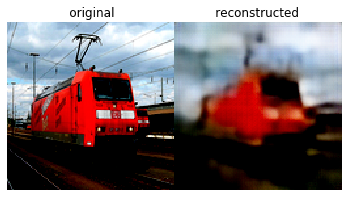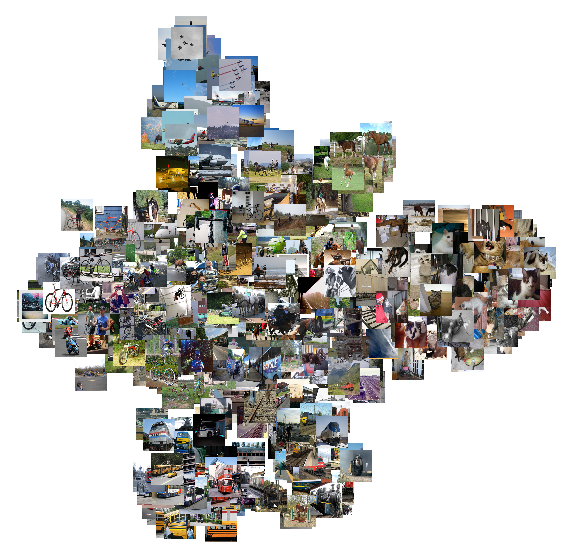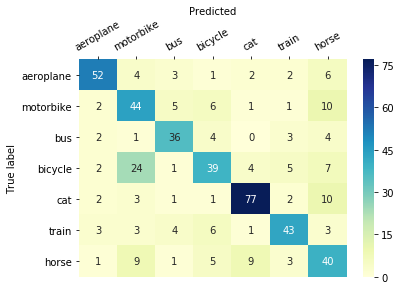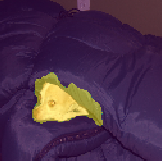Diana Triantafyllidou & Raphael Vorias
This project is divided into four main sections:
- A Convolutional Auto-Encoder
- A Multi-label Classifier
- A Dual AE/Classifier
- An Image Segmentator
Each section consists of build files that constuct a model and save it locally.
Then, pipeline modules use the built models in order to train.
Images and masks are preproccesed and then handled via flow_from_dataframe.
Some sections, such as the AE section, contain visualization files.
While these models are not getting state of the art results, the
Tested models:
| Model | Accuracy | Params |
|---|---|---|
| U-Net - unfrozen | 0.71 | 2 M |
| Squeeze U-Net - unfrozen | 0.78 | 726 K |
| Baseline - frozen | 0.65 | 116 K |
| Baseline - unfrozen | 0.43 | 170 K |
| Baseline - blank | 0.68 | 170 K |
| Dual architecture | 0.66 | 440 K |
Example reconstruction:
Three variations were tested:
- Baseline Scratch: baseline architecture with reinitialized weights.
- Baseline Finetune: trained encoder part of the AE to finetune these pre-trained weights.
- Baseline Frozen: trained encoder part of the AE which are frozen, only the last dense layers are trained.
Next to self-made models, U-Net architectures were used.
| Model | Accuracy | Params |
|---|---|---|
| U-Net - unfrozen | 0.71 | 2 M |
| Squeeze U-Net - unfrozen | 0.78 | 726 K |
| Baseline - frozen | 0.65 | 116 K |
| Baseline - unfrozen | 0.43 | 170 K |
| Baseline - blank | 0.68 | 170 K |
| Dual architecture | 0.66 | 440 K |
This network has both an AutoEncoder and a Classifier and are trained simultaneously.
Weight plots of the first convolutional layer:
| Untrained | Trained |
|---|---|
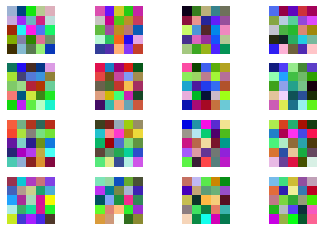 |
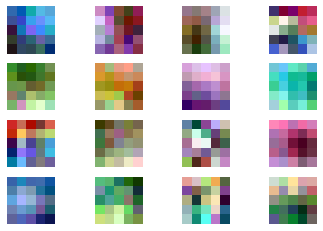 |
TSNE-plot of the final dense layer:
Confusion plot after 250 epochs:
Trained using Dice Loss. Examples:
